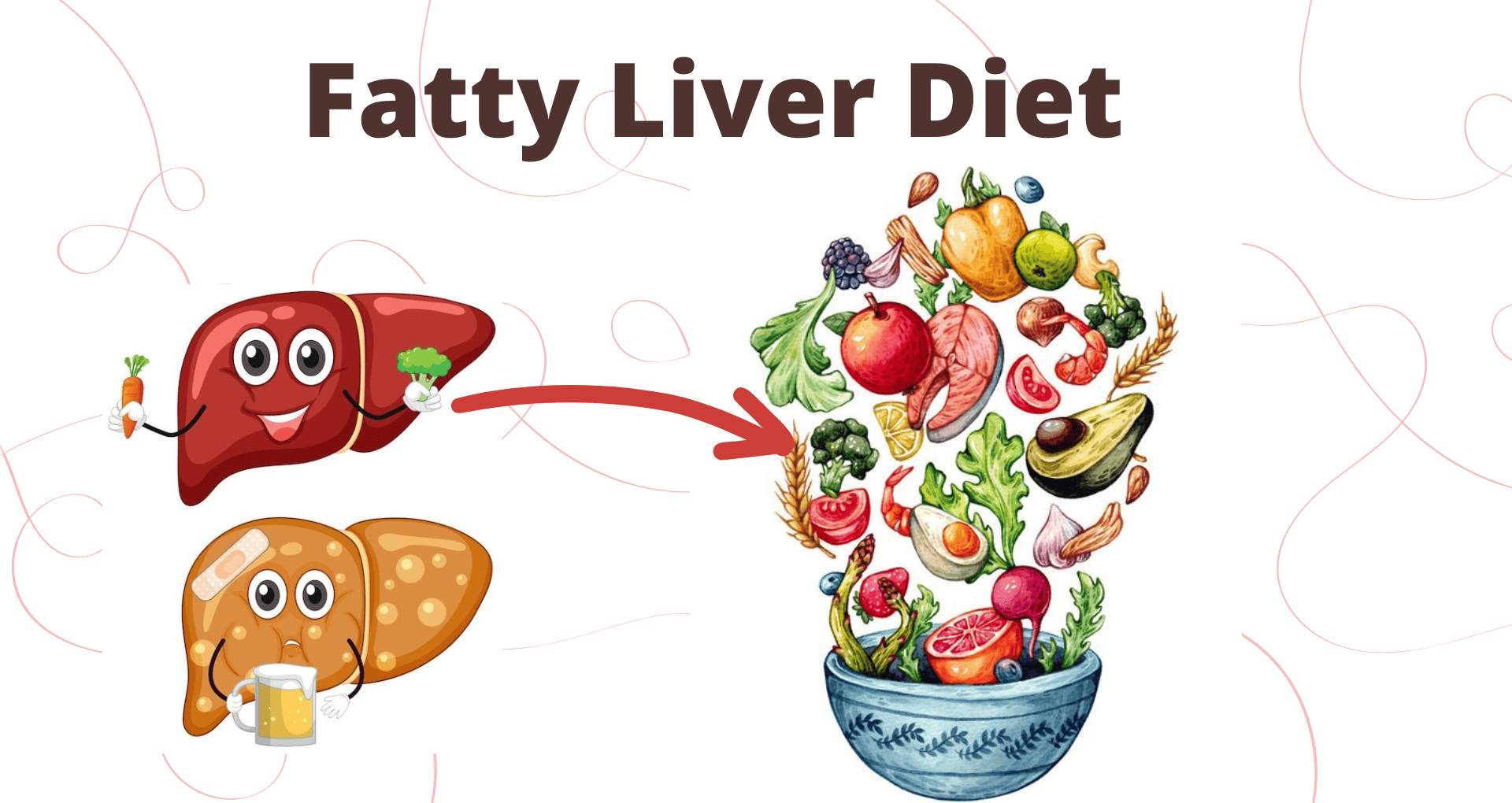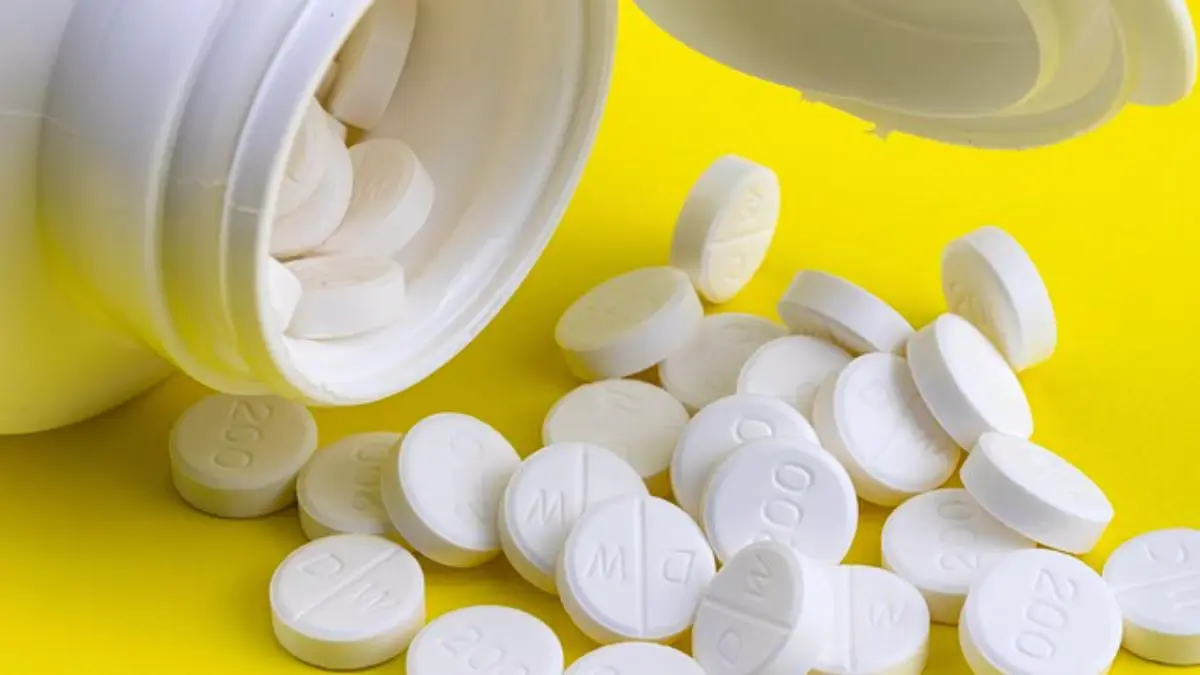The liver plays a crucial role in various metabolic processes, including glucose and lipid metabolism, making its health vital for overall well-being. Non-Alcoholic Fatty Liver Disease (NAFLD) is one of the most prevalent liver conditions globally, affecting a significant portion of the population. Nutraceuticals have gained interest as possible supplements to support the management of NAFLD, alongside lifestyle changes like diet and exercise.
Omega-3 fatty acids, particularly eicosapentaenoic acid (EPA) and docosahexaenoic acid (DHA), are well-known for their cardiovascular benefits and play a significant role in liver health. Studies have shown that omega-3 supplementation can significantly reduce liver fat and improve lipid profiles in individuals with NAFLD. These fatty acids are primarily sourced from fish oil, algae, and certain plant oils.
Silymarin, a flavonoid complex extracted from the milk thistle plant, is another well-researched nutraceutical for liver health. Known for its antioxidant, anti-inflammatory, and antifibrotic properties, silymarin protects liver cells from damage by scavenging free radicals and enhancing endogenous antioxidant enzymes. Clinical studies have demonstrated that silymarin can reduce liver enzymes, improve insulin resistance, and decrease liver fibrosis in NAFLD patients.
Curcumin, the active compound in turmeric, is renowned for its anti-inflammatory and antioxidant properties. It helps reduce liver inflammation by modulating various inflammatory pathways and improving insulin sensitivity. Studies suggest that curcumin supplementation can reduce liver fat, improve liver enzyme levels, and decrease oxidative stress in NAFLD.
Coenzyme Q10, a naturally occurring antioxidant, is essential for mitochondrial function and energy production. It has shown potential in managing NAFLD by reducing oxidative stress and improving liver enzyme levels. CoQ10 supplementation is associated with decreased liver fat and improved metabolic profiles in NAFLD patients.
Resveratrol, a polyphenol found in grapes, berries, and red wine, is known for its antioxidant and anti-inflammatory properties. It activates sirtuin 1 (SIRT1) and AMPK, both of which improve lipid metabolism and reduce inflammation. While clinical evidence is still emerging, some studies have shown that resveratrol supplementation can reduce liver fat, improve insulin sensitivity, and decrease liver enzyme levels in NAFLD.
Nutraceuticals offer promising benefits in managing NAFLD and supporting overall liver health. While lifestyle changes remain the foundation of NAFLD treatment, nutraceuticals such as Omega-3 fatty acids, silymarin, berberine, curcumin, CoQ10, and resveratrol can provide additional support by targeting various aspects of liver metabolism and inflammation. However, their use should be guided by healthcare professionals.























